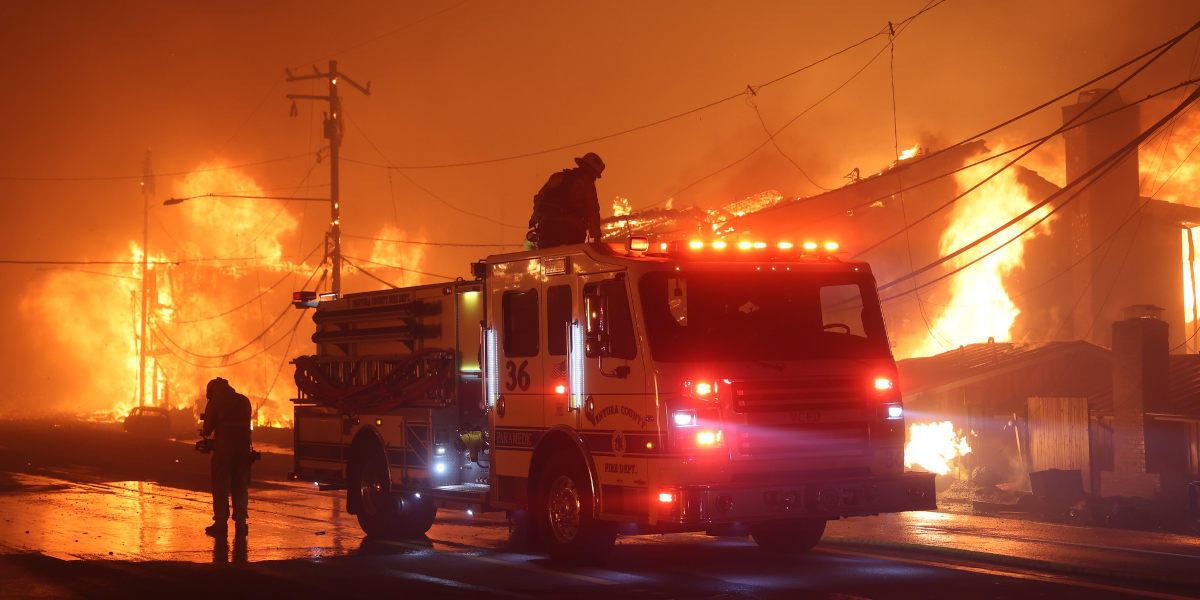Title: From the Ashes: Grief and Revolution in a World on Fire
Author: Sarah Jaffe
Publisher: Bold Type Books
Year: 2024
In the wake of the Aberfan disaster, which killed 116 children and 28 adults when a colliery spoil tip collapsed onto the Welsh village in 1966, a group of men got together to sing as a way of processing their grief. Nearly 60 years later, the Ynysowen Male Voice Choir is still going strong, now counting among its members not the fathers but other relatives the victims never had the chance to grow up with.
The Williams brothers – Brian, Neil and Mark – joined after their father had sung with the choir for 40 years. Their older sister June died when the avalanche of spoil engulfed the local junior school. She was 10 years old. Brian, who survived the disaster due to being in a different part of the school, described the choir as a priceless support group for Aberfan fathers, including his own. ‘It kept them going, when perhaps a lot of them would have given up,’ he told journalist Ian Hislop in 2022.
Sarah Jaffe’s From the Ashes is a book about stories like that of the Ynysowen Male Voice Choir. Stories of people coming together to mourn. Which is really the same as saying it is a book about humans banding up to fight back and honour the people (or things) lost. It’s a book about living beyond surviving.
But much like so many stories told in From The Ashes, the Ynysowen Male Voice Choir is not merely a loving exercise in remembrance. It was born out of the victory of the Tip Removal Committee, a campaigning group to close all the six remaining spoil tips and against plans by the National Coal Board to simply landscape them. The same men who started a choir were also the men who fought for two years to prevent another disaster. These were the men who threw bags of slurry into the Welsh Office when the government kept delaying the process. A few months after the controversial stunt, works began to remove the slag heaps – and the choir became the mourners’ main meeting point.
Collective spirit
Under capitalism we are perpetually exposed to great, often preventable, loss, as Jaffe investigates through a series of interviews and reporting from the frontline. She speaks to the relatives of those murdered at the hands of the police, and to people organising against state violence. She talks to immigration lawyers in Trump’s America and asylum seekers in Tory Britain. She travels to Italy and interviews healthcare professionals who survived the coronavirus pandemic while their patients – and even their loved ones – died around them. She visits working-class communities across the globe to talk about the demise of collective bargaining, but not of the collective spirit. And she reports on the fight against climate change (and the industries that propel it), which is a field with its own ticking clock, where mourning is both present and in suspension over its foregone conclusion.
Jaffe’s premise is that grieving is a right that must be freed from the shackles of our profit oriented system. Indeed, that it is a profoundly revolutionary emotion, ‘a demand that labour not subordinate life and love to work’. And perhaps to prove the point, the author herself weaves the journalistic pieces with personal interludes, retelling the story of her own grief: over her father’s sickness and death, the end of her relationship, and the loneliness of lockdowns that robbed her from celebrating her 40th birthday with anyone other than her dog.
Even in her section on the war in Gaza – a 5,000-word tour de force – Jaffe deliberately chooses to expose alongside the historical framing, her own grief as an anti-Zionist American Jew. Rather than diverting attention, these notes on the self bring the reader along for the ride. Bereavement is something we all have or will, invariably, go through. This book is written so that we are held in that shared experience, to rally the power and the solidarity in our own pain.
Jaffe never limits herself to great journalism, but ventures into beautiful writing too. Alongside the stories of Leeds-based Iraqi Kurdish asylum seeker Idris, and of the Banner sisters fighting for cleaner air and water in Louisiana, are the writings (and often the stories) of Walter Benjamin and Antonio Gramsci, Judith Butler and Jacqueline Rose, to name but a few. But among all those voices, it is Jaffe’s that rings clearest.
This book works – and begs reading – because its call to action is a reminder of our individual vulnerability against the system, turned into strength in our collective mourning. ‘Grief is excessive; so is revolution,’ Jaffe assures us. From The Ashes embraces both wholeheartedly.










